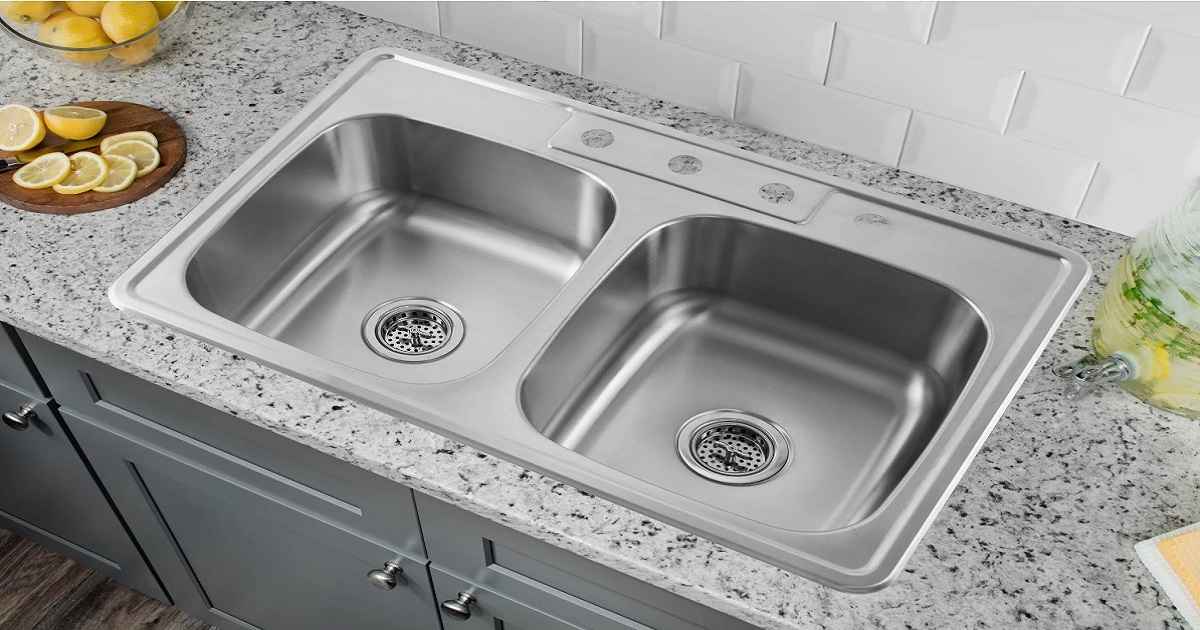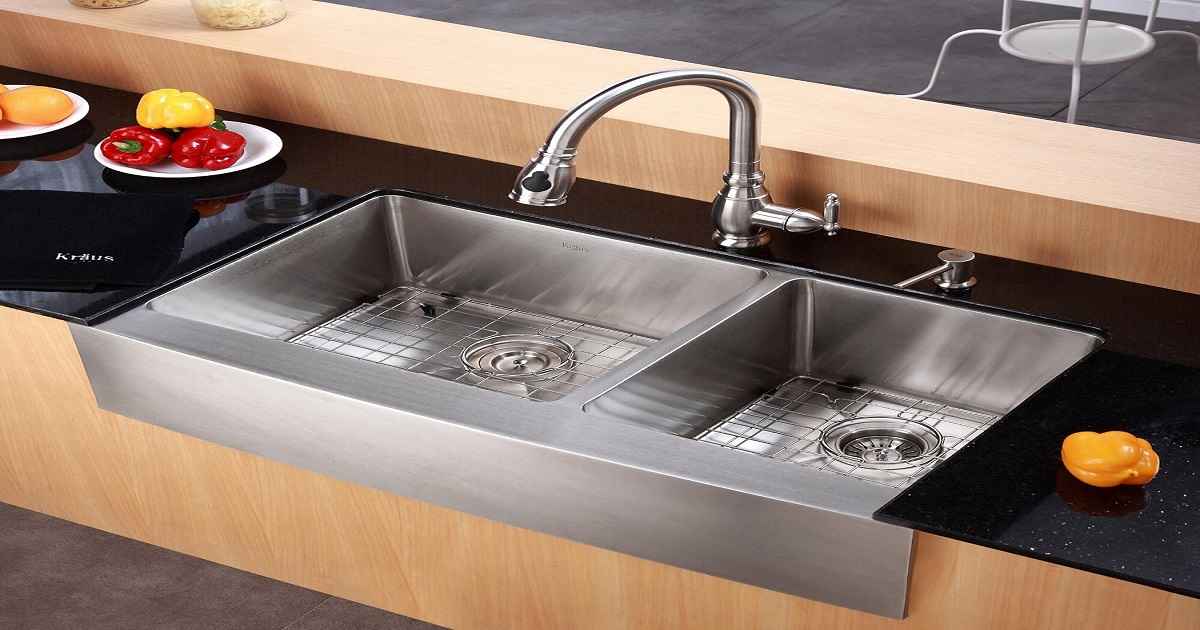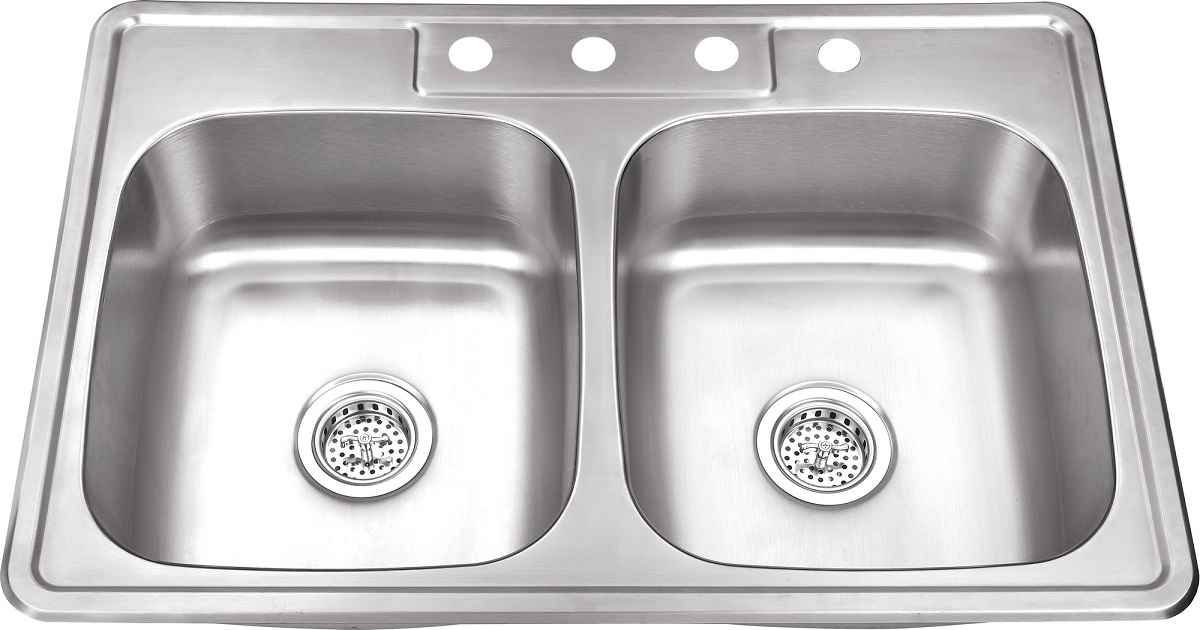What is the Best Gauge for a Stainless Steel Sink
Choosing the Best Gauge for Your Stainless Steel Sink: A Complete Guide
When it comes to sprucing up your kitchen, picking the right stainless steel sink is a big deal. You’ve probably heard the term ‘gauge’ tossed around a lot. But what does it mean, and why should you care? In this post, we’ll take a deep dive into the world of stainless steel sink gauges and help you figure out which one’s just right for your kitchen.
What Exactly is a Gauge?
First off, let’s tackle the basics. The gauge of a stainless steel sink refers to its thickness. The rule of thumb here is pretty straightforward: the lower the gauge number, the thicker the steel. Common gauges range from 16 to 22, with 16 being the thickest and 22 the thinnest.
Why Thickness Matters
You might be wondering, “Why should I fuss over a few millimeters?” Well, thickness affects a couple of key things: durability and noise reduction. Thicker sinks (lower gauge numbers) are less likely to dent and are better at muffling the sound of dishes clanging around. On the flip side, thinner sinks (higher gauge numbers) are usually more budget-friendly.
The Sweet Spot: 18-Gauge Sinks
For most homeowners, an 18-gauge stainless steel sink hits the sweet spot. It’s sturdy enough to withstand daily use without breaking the bank. Plus, it’s a popular choice, so you’ll find plenty of styles and sizes.
Considering a 16-Gauge Sink
If you’re all about longevity and quality, and budget is less of a concern, consider a 16-gauge sink. It’s the go-to for heavy-duty use and offers superior noise reduction. Perfect for those who spend a lot of time in the kitchen!
When to Opt for 20 or 22-Gauge Sinks
Let’s say you’re working on a tight budget or you’re outfitting a lightly used area like a bar. In these cases, a 20 or 22-gauge sink might do the trick. Just keep in mind that they’re more prone to dents and noise.
Other Factors to Consider
While gauge is important, don’t forget to look at other features like size, depth, finish, and overall quality. A thicker gauge doesn’t automatically mean a better sink if other aspects are lacking.
The Verdict
Choosing the right gauge for your stainless steel sink depends on your usage, budget, and personal preferences. For most, an 18-gauge sink offers a great balance of durability and cost. However, if you’re after top-notch quality and can stretch your budget, a 16-gauge sink might be your best bet. On the other hand, for less frequented areas or tight budgets, 20 or 22-gauge sinks are adequate.
Remember, the perfect sink is not just about the gauge. Consider all aspects to ensure you get a sink that fits your lifestyle and your kitchen’s look. Happy sink hunting!
Longevity and Maintenance: A Closer Look
One aspect we can’t overlook is how the gauge affects a sink’s longevity and maintenance. Thicker sinks not only resist dents and damage better but they also stand up well against scratches. If you’re someone who’s tough on sinks or if you’re planning to use your sink for heavy-duty tasks, a thicker gauge is a wise investment. It’s also worth noting that higher-quality steel, regardless of gauge, tends to be more resistant to rust and staining.
The Aesthetic Angle
While functionality is key, aesthetics also play a crucial role in your choice. Thicker, lower gauge sinks often have a more luxurious look and feel. They can add a touch of elegance to your kitchen, making them a favorite in high-end remodels or new builds. Thinner sinks, while more economical, might not have the same upscale vibe.
Installation Considerations
Don’t forget to think about installation. Thicker sinks are heavier, which might require additional support or professional installation, especially if you’re going for an undermount design. This can add to the overall cost and should be factored into your decision-making process.
The Sound Factor
Noise is a significant consideration for many. A lower gauge sink, being thicker, does a better job at dampening the sound of running water and clattering dishes. If a quiet kitchen is high on your priority list, you’ll appreciate the soundproofing qualities of a 16-gauge sink.
Balancing Cost and Quality
It’s all about finding the right balance between cost and quality. While it’s tempting to go for the cheapest option, remember that your sink is an investment in your kitchen’s functionality and aesthetic. A slightly higher upfront cost for a better gauge might save you money and hassle in the long run.
Environment and Usage
Consider your household’s specific needs. If you’re a culinary enthusiast or have a large family, investing in a thicker gauge makes sense. However, for a guest house, rental property, or a less frequently used kitchen, a higher gauge could be entirely sufficient.
Final Thoughts
In conclusion, the best gauge for your stainless steel sink depends on a combination of factors including durability, aesthetics, noise level, and budget. Most homeowners find that an 18-gauge sink offers the best combination of durability and value. However, for those who prioritize longevity and luxury, a 16-gauge sink is worth the investment. On the other end of the spectrum, 20 or 22-gauge sinks are suitable for less demanding environments or tighter budgets.
Remember, the sink is an essential part of your kitchen. Take the time to choose one that not only looks great but also meets your functional needs. Whether you’re a casual cook or a gourmet chef, the right sink can make your kitchen experience more enjoyable and efficient.













